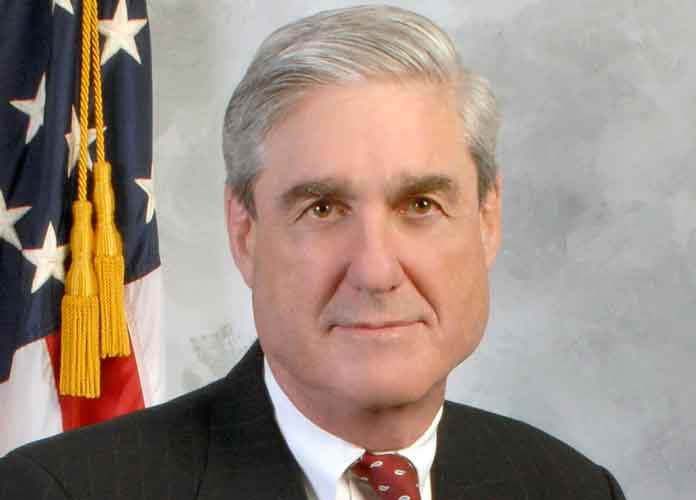Robert Mueller Requests Witnesses’ Personal Cell Phones To Inspect Encrypted Apps
Special Counsel Robert Mueller is looking into the use of encrypted messaging programs and has asked witnesses in his investigation to turn over their cell phones. According to CNBC, he wants to investigate possible encrypted conversations between President Donald Trump‘s associates.
Muellers’ team examined private conversations on WhatsApp, Signal, Confide and Dust, according to CNBC. Mueller seems to be convinced that the apps are a key to understanding the covert conversations between the key figures in the investigation. So far, the results of the investigations are unknown.
Mueller has accused Donald Trump‘s former campaign chairman Paul Manafort of manipulating witnesses using encrypted messaging programs like WhatsApp and Telegram. In February, Manafort was indicted for money laundering and failing to register as a foreign agent.
Encrypted applications are used for private conversations without any surveillance. For example, WhatsApp promotes secure communication with people overseas. According to its website, “With WhatsApp, you’ll get fast, simple, secure messaging and calling for free, available on phones all over the world.”
Subscribe to our free weekly newsletter!
A week of political news in your in-box.
We find the news you need to know, so you don't have to.
50 Celebrities Who Have Died In 2018 – Tribute Slideshow
Dust promotes its platform by keeping the messages secret and deleting messages after a certain time. Its website notes, “All your messages automatically “dust” (erased) in 24 hours or as soon as they’re read – you choose which.”
The application Dust was also reportedly used between Trump’s personal lawyer Michael Cohen and Felix Sater, a real estate developer, who is cooperating with the Mueller probe. Sater claimed to have connections to Russian oligarchs that would help conclude the Trump Tower deal. No agreement, however, was ever finalized.
SLIDESHOW: DONALD TRUMP’S 30 CRAZIEST TWEETS
Robert Ray, legal expert who worked as independent attorney during the Bill Clinton Whitewater investigation, told CNBC, it is “not commonplace, but not that unusual either” that prosecutors seek evidence from witnesses’ phones. He added, “It’s just more typical for law enforcement to ask for consent for the obvious reason because it’s much easier than applying to a court to get judicial permission.”
Get the most-revealing celebrity conversations with the uInterview podcast!








Leave a comment